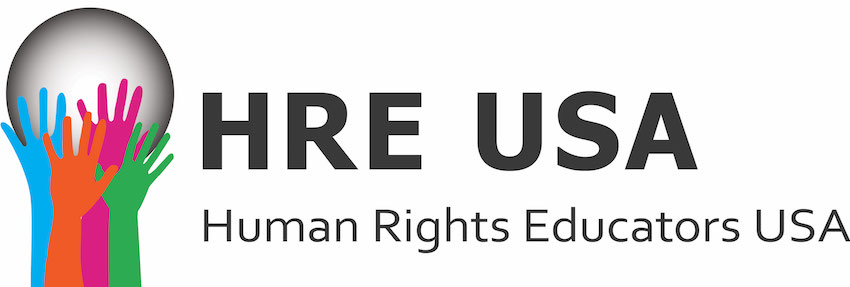The book was written by Felisa Tibbitts, Chair in Human Rights Education in the Department of Law, Economics and Governance at Utrecht University, Adjunct Assistant Professor at the Institute for the Study of Human Rights, Columbia University, and UNESCO Chair in Human Rights and Higher Education.
This handbook is intended for use by university administrators, faculty, students, and higher education partners. The main aim of the handbook is to shine a light on the ways in which teaching and learning processes can be designed to reflect and promote human rights. We explore these opportunities through HRBA principles as well as examples from practice. In addition to addressing these practice-oriented aspects of HRBA, the handbook touches upon the premise of the university as a duty bearer, and the targets and potential processes of reform within the university itself. How can the university revitalize its mission to promote social justice in way that is meaningful and lasting? What would it look like to have a HRBA within a university?
“The human rights-based approach is a frame that allows us to apply human rights standards and norms holistically to education. I am grateful that RWI supported my developing this handbook for clinical legal education programming and I hope that its sections on human rights education and higher education strategies for change will be broadly useful for the higher education community. The time has come for us to explore what it means for the university to be a human rights actor” – Felisa Tibbitts

